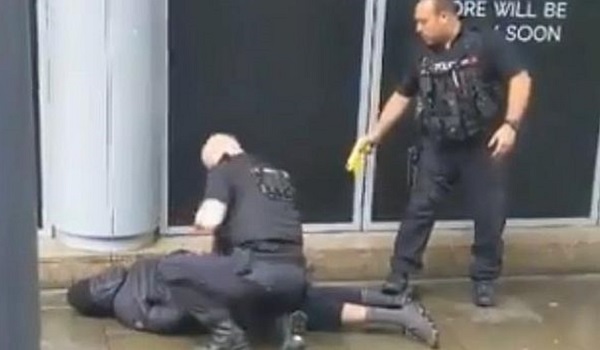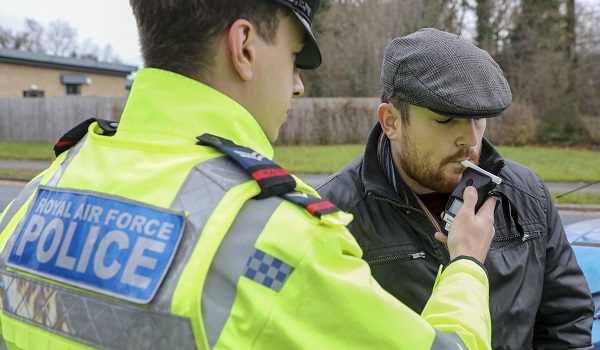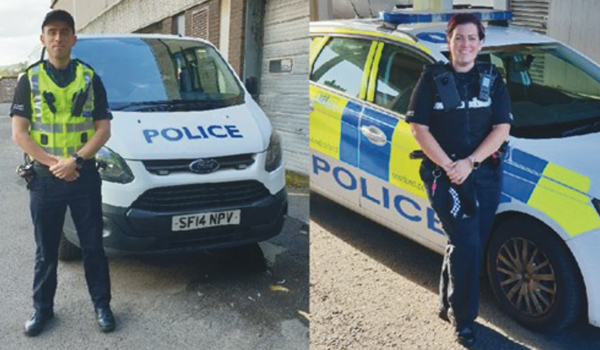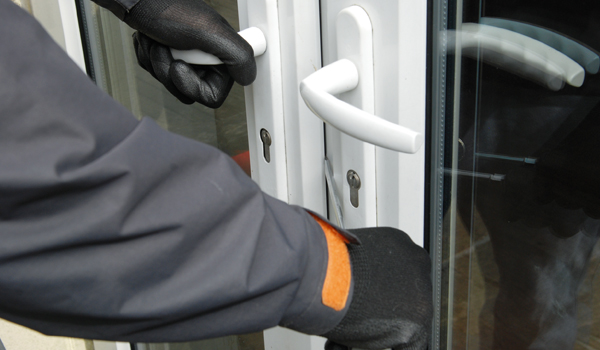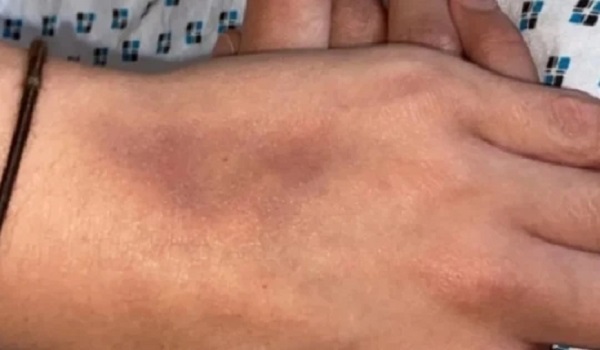DNA from drug capsules could snare dealers
Forensic scientists have succeeded in recovering DNA from the surface of pill capsules in a discovery that could help police to track down criminal syndicates around the world.
A full DNA profile could be created from items that had been handled for just 15 seconds and the technique, which is being utilised for the first time, could make it easier to link shipments of illicit substances seized in different locations.
In a study published in Forensic Science International: Genetics, researchers from Flinders University in Adelaide, South Australia, demonstrated that DNA from criminals who may have handled the capsules during production, assembly and distribution of illegal drugs can be identified if matched to a profile of a suspect, or one already on a DNA database.
PHD candidate Amy Griffin from the College of Science and Engineering said the DNA profiles can also be compared to those found on other capsules to potentially link various drug seizures around the world.
“This pilot study demonstrates the potential for laboratories to recover human DNA from the exterior surface of capsules which are commonly used to encase illicit drugs such as MDMA, enabling both biological and chemical profiling methods to contribute to the investigation of clandestine drug production,” she said.
“The ability to generate profiles from 82 per cent of capsules highlights how valuable it could be for operational forensic laboratories to sample the exterior of pill capsules.
“Our methodology is compatible with systems already implemented in DNA laboratories, which easily facilitates the examination of illicit drug capsules for DNA. With the baseline of DNA transfer established, further research is underway by us to investigate this application when capsules are handled in a more realistic scenario encountered in police work.”
Chair in Forensic DNA Technology, Professor Adrian Linacre, said the results will also highlight the potential to generate DNA profiles to upload to a criminal database to help identify other persons of interest in criminal syndicates.
“If an unidentifiable DNA profile is obtained, it may still be useful for intelligence-led policing as a ‘biological profile’ to potentially link or exclude various drug seizures as originating from the same source to complement and corroborate the findings of the chemical profile,” he said.



